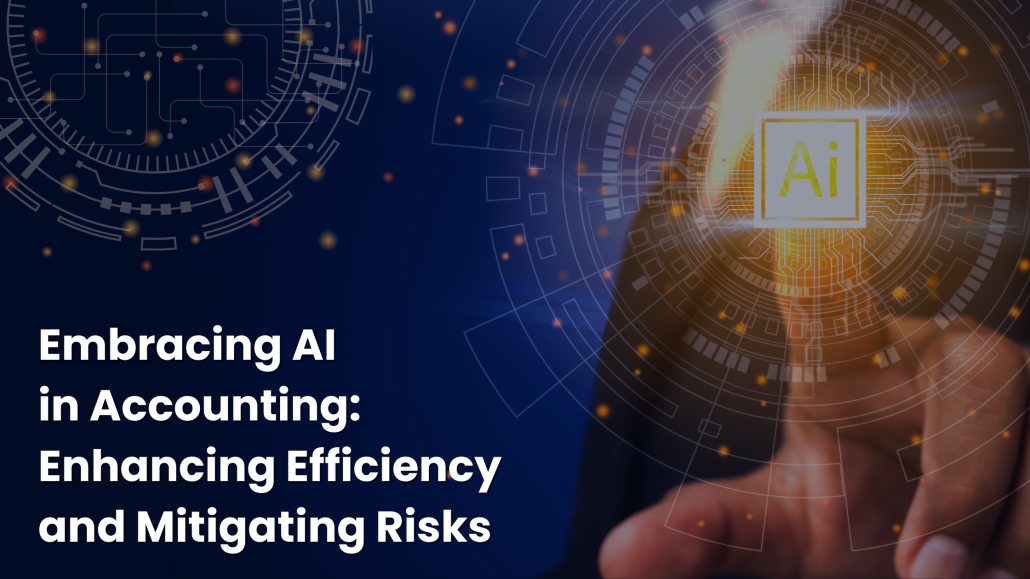 AI is revolutionizing industries, and accounting is no exception. By working AI into your daily accounting operations, you can increase efficiency and accuracy dramatically. AI-powered tools can take over the tedious daily tasks as well as quickly spot errors or catch signs of potential fraud. This not only simplifies your workload but also secures it, enhancing how we manage and report on financial data.
AI is revolutionizing industries, and accounting is no exception. By working AI into your daily accounting operations, you can increase efficiency and accuracy dramatically. AI-powered tools can take over the tedious daily tasks as well as quickly spot errors or catch signs of potential fraud. This not only simplifies your workload but also secures it, enhancing how we manage and report on financial data.
AI also has the ability to predict future financial trends from past data, which is like having a crystal ball at your disposal. It arms accounting teams with powerful insights, empowering your company to make well-informed decisions about investments, budgeting, and risk management with confidence.
One of the biggest advantages of using artificial intelligence in accounting is that it enhances the customer experience. Through automated systems, clients no longer have to go through layered channels to get answers to basic questions and information they are looking for. This frees up time for more important tasks.
However, harnessing the full power of AI requires a thoughtful strategy and an awareness of potential risks. With the right approach, you can unlock all the transformative benefits AI has to offer, ensuring your business not only keeps pace but sets the pace in a rapidly evolving landscape.
Cautionary Notes on AI Adoption
Despite all its capabilities, AI also poses security risks if it is not handled correctly. As mentioned before, these systems require access to large amounts of sensitive information that may expose vulnerabilities to various threats, like cyberattacks and breach cases. Ensuring rigorous security measures are in place should be a top priority when integrating AI into your workflows.
Security isn’t our only concern; staying on top of ever-changing regulatory requirements is equally crucial. As laws evolve, we must ensure our AI systems are updated accordingly, so we can seamlessly meet new standards and avoid any surprises from non-compliance.
Finally, accounting firms should be mindful of not relying too much on AI tools where human intervention is required. Dependence on machines in this industry could lead to costly mistakes if unexpected complications arise that machine learning can’t handle on its own.
The integration of AI into accounting practices holds vast potential for organizations. By removing repetitive tasks, generating insights that have never been possible before, and enabling better decision-making capabilities, organizations can develop stronger relationships with clients and drive better results.
However, it’s essential to navigate the risks and pitfalls when introducing new tools. This careful approach helps ensure that companies don’t expose themselves to vulnerabilities that might slow down growth or harm their relationships with clients.


